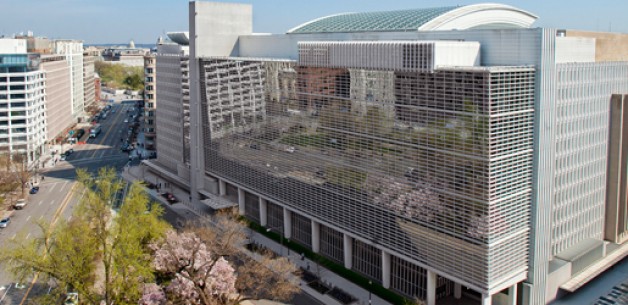This post is also available in: Arabic
On August 4th, 2015, the World Bank released a revised version of its safeguards policies, which it calls the Environmental and Social Framework (ESF). The effectiveness of the revised ESF is compromised by several overarching issues, including an over-reliance on borrowers for safeguard due diligence, lack of clear timing and procedural requirements for risk appraisal, and no updated budget or implementation details. The second draft of the safeguards also debuts even weaker language on the World Bank’s responsibility vis-a-vis universal human rights.
World Bank Management released the new draft for consultation (thus initiating Phase 3 of the safeguards review) despite crippling disagreement among Bank Board members, who remain divided on issues including the draft’s reference to human rights, the definition of vulnerable groups, and the use of borrower frameworks, among others. The Bank Information Center has been informed that 100 Borrower governments have requested to meet with Bank Management on these divisive issues, as well as on the ‘implementability’ of the safeguards and their ability to build Borrower capacity.
At this stage it is unclear how many consultations will take place and in which countries, but they will likely begin in late September/early October, and may only run until December. In order to ensure transparency and to elicit input from the people who are most closely familiar with and/or have been affected by Bank projects, it is imperative that the World Bank involve civil society and project stakeholders in these consultations with governments.
UPDATE: Information on consultation dates and locations are beginning to be released by the World Bank. Details can be found on the official consultations page, or on BIC’s main safeguards page.

